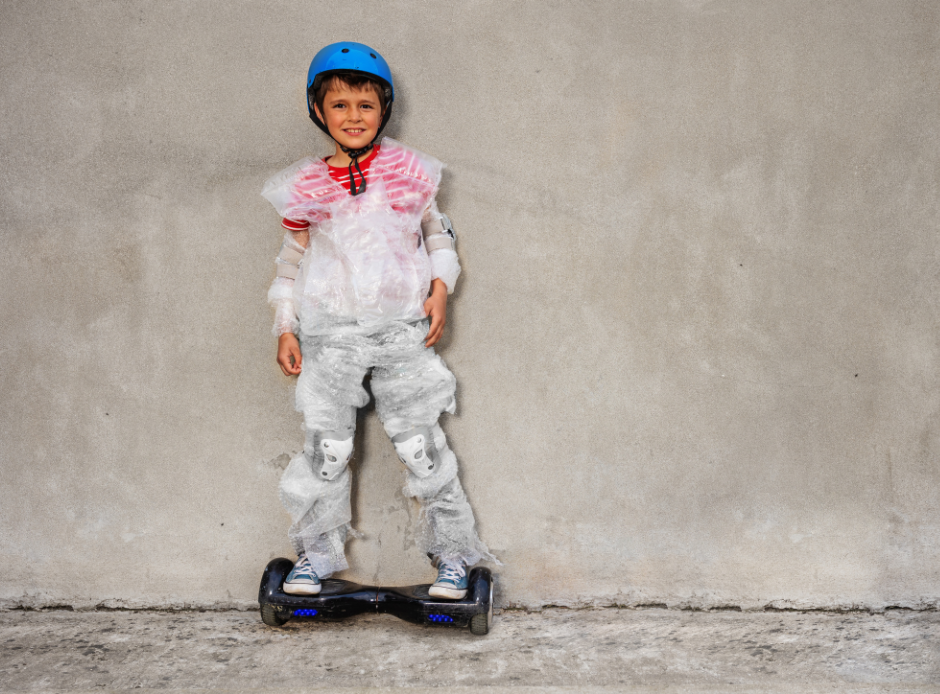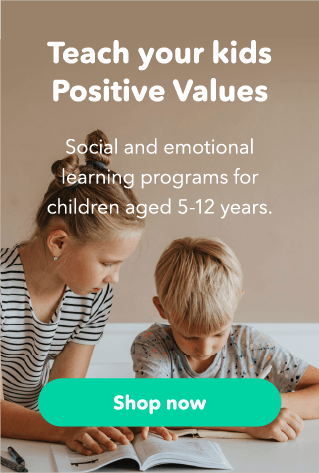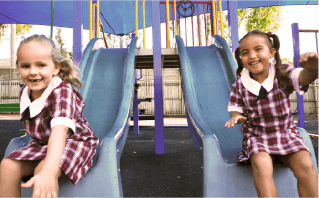
Recently, a trend known as “plastic wrap parenting”/Overprotective Parenting has come under the spotlight. Illustrating a form of parenting characterised by an overbearing presence and a tight rein on children’s lives. This analogy shows parents who, with good intentions of protecting their offspring, wrap them in a protective barrier. This barrier, however, can prevent children from engaging with the world around them and learning through personal experiences. While the parental instinct to shield one’s child is natural, adopting such an intense protective stance can have adverse effects on a child’s individual growth and mental health. The key features of “plastic wrap parenting” include:
- Excessive Protection: Parents may take extreme measures to protect their children from any conceivable harm. Inadvertently limiting their chances for self-discovery and adventure.
- Constant Supervision: This trait involves parents watching their children’s every action and often intervening uninvited in various aspects of their lives.
- Overbearing Control: Parents might overly dictate their child’s preferences and decisions, from what they eat to who they befriend.
- Fear of Failure: An obsession with the child’s achievements can lead parents to prevent them from taking risks or learning from their errors.
Unintended Impacts of Overprotective Parenting on Child Development
1. Struggles in Making Decisions
Children raised under the shadow of plastic wrap parenting might find it hard to make decisions independently as adults. Having been spared the necessity of choice-making, they could lack the ability to weigh options and foresee consequences, resulting in indecision and stress.
Research in Emerging Adulthood has highlighted the negative impact of such parenting on teenagers’ autonomy. Strict rules, excessive academic oversight, and intervention in personal disputes significantly curtail young people’s ability to make autonomous decisions. This inability can extend to goal setting and long-term planning, fostering a reliance on others for direction and undermining their self-confidence and agency.
2. Challenges in Accepting Feedback
Children shielded from negative feedback may develop brittle self-esteem and overly depend on parental direction. This setup breeds individuals who struggle with constructive criticism later in life, lacking the resilience to grow from such feedback.
Without the foundation to accept and learn from criticism, these individuals might avoid situations where their actions are evaluated, stunting their personal and professional growth. The struggle to acknowledge personal shortcomings can hinder self-improvement and realising their potential.
3. Adapting to New Situations Becomes Harder
According to research published in Frontiers in Psychology, overprotectiveness can breed psychological inflexibility, a state of mind that resists new ideas and adapts poorly to change. This rigid mindset makes it challenging for young people to navigate new environments and deal with stress constructively.
Such children may face difficulties embracing change, whether transitioning to new educational settings, entering the workforce, or forming new relationships. The lack of exposure to varied experiences limits their problem-solving skills and adaptability.
Encouraging a balanced parenting approach is vital for children’s holistic development. Parents should aim to protect while permitting their children to explore, make mistakes, and learn in a secure setting.
Conclusion
Plastic Wrap Parenting, by its very nature, can significantly increase anxiety levels in children. Continuous monitoring and overprotection can make children unable to navigate the world independently. These children often grow up with a heightened sense of anxiety. They feel unsure of their abilities to face challenges, make decisions, and interact socially without the direct intervention of their parents. The fear of failure and the lack of opportunity to learn from mistakes can further exacerbate feelings of anxiousness, as children are deprived of the essential life skills needed to manage stress and adversity.
How Unleash can help
Unleash is a practical and engaging tool designed to address and mitigate the anxiety stemming from Plastic Wrap Parenting. Through carefully curated activities and prompts, Unleash encourages children to explore their feelings, identify anxieties, and develop coping mechanisms in a safe and structured environment. By focusing on self-awareness and emotional intelligence, this journal helps children understand that anxiety is a natural part of life and that they possess the inner strength to face and overcome their fears.
Notably, Unleash promotes taking small, manageable steps towards confronting anxieties, fostering a sense of achievement and confidence in children. This approach directly counters the effects of Plastic Wrap Parenting by empowering children to take control of their feelings and develop resilience. Additionally, the journal’s emphasis on neuroplasticity—the brain’s ability to form new neural connections and adapt—reinforces the message that children can change how they respond to anxiety-provoking situations with practice and persistence.
In summary, Unleash offers a valuable resource for children impacted by the adverse effects of Plastic Wrap Parenting. By guiding children through the process of understanding and managing their anxiety, this journal plays a critical role in helping them build the confidence and skills necessary to navigate the challenges of growing up with increased independence and resilience.
For more detailed information on how “Unleash” can help your child manage anxiety and support executive function development, visit Unleash Journal.

Want to see what is inside? Get a FREE CHAPTER
Related Articles
Simple Parenting: The 7 Hacks of Exceptional Parenting




